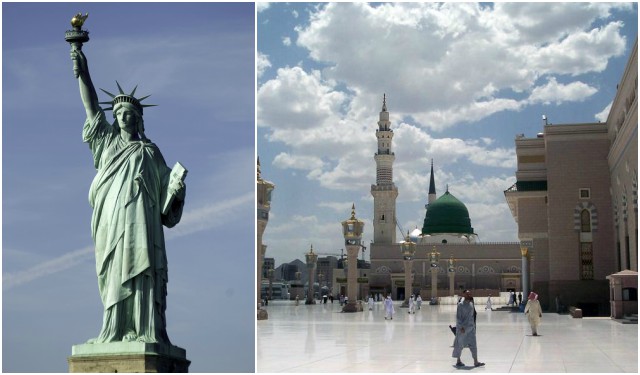Christmas is celebrated in every part of the world and for many people, it is the most wonderful time of the year. Christmas is a time of joy, a time for love and cheer.
Each country has its own unique way of celebrating the Christmas season. However, not every country in the world celebrates Christmas and there are countries that have banned Christmas in the past.
Last year the governments of three countries – Somalia, Tajikistan, and Brunei – have banned Christmas celebrations, with punishments ranging up to a five-year jail term.
Yet Somalia, Tajikistan, and Brunei are not the only countries that have banned Christmas in history. Here are ten countries which have banned Christmas in the past.
1. England
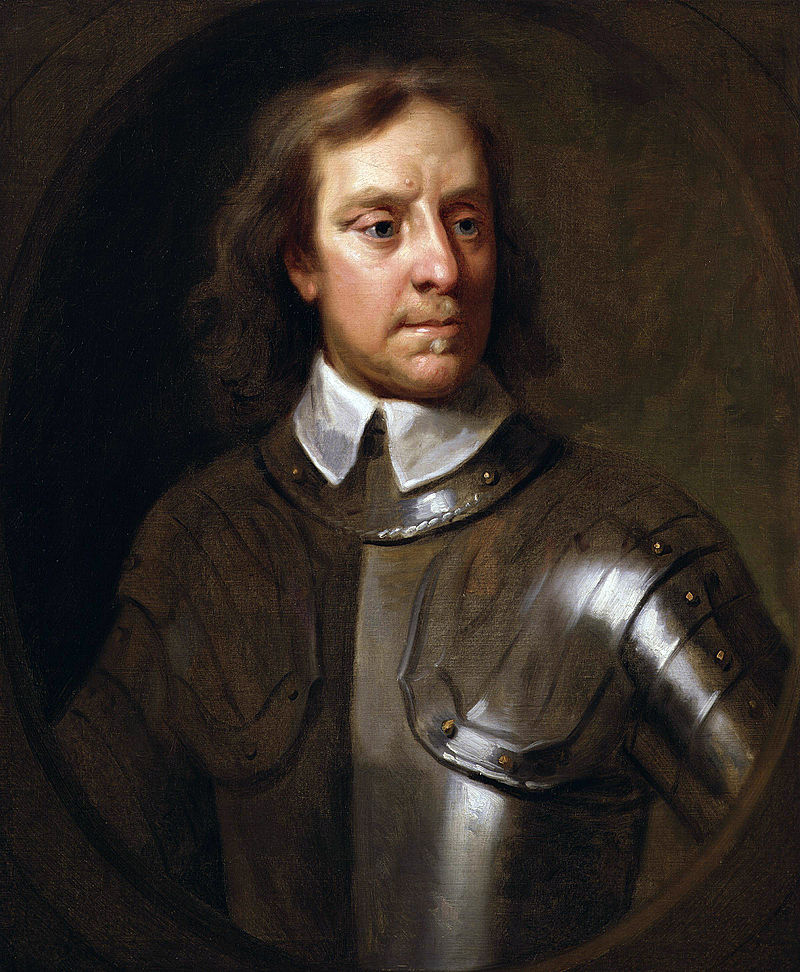
Christmas was as important in 17th-century England as it is now. However, when Oliver Cromwell overthrew the monarchy and executed King Charles I during the English Civil War, the celebration of saints’ days was discouraged in England.
Puritans saw Christmas as a Pagan festival and claimed the 25th December was not a named day in the bible. Many churches were locked to prevent them holding a Christmas service.
After Cromwell’s death in 1658, Christmas was finally celebrated again in England.
2. Saudi Arabia
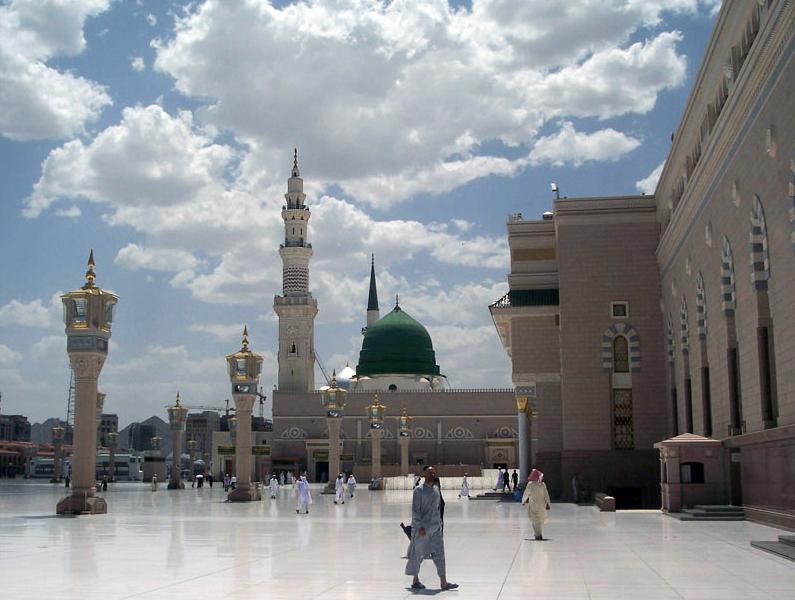
There are no church services in the Land of the Two Holy Mosques. In the past, private services were held in Christian homes and residential compounds.
Muslims are not allowed to greet non-Muslims during Christmas. International Business Times wrote that a Saudi scholar said, “If they celebrate the birth of God’s son and you greet them… it means you endorse their faith.”
3. The United States of America
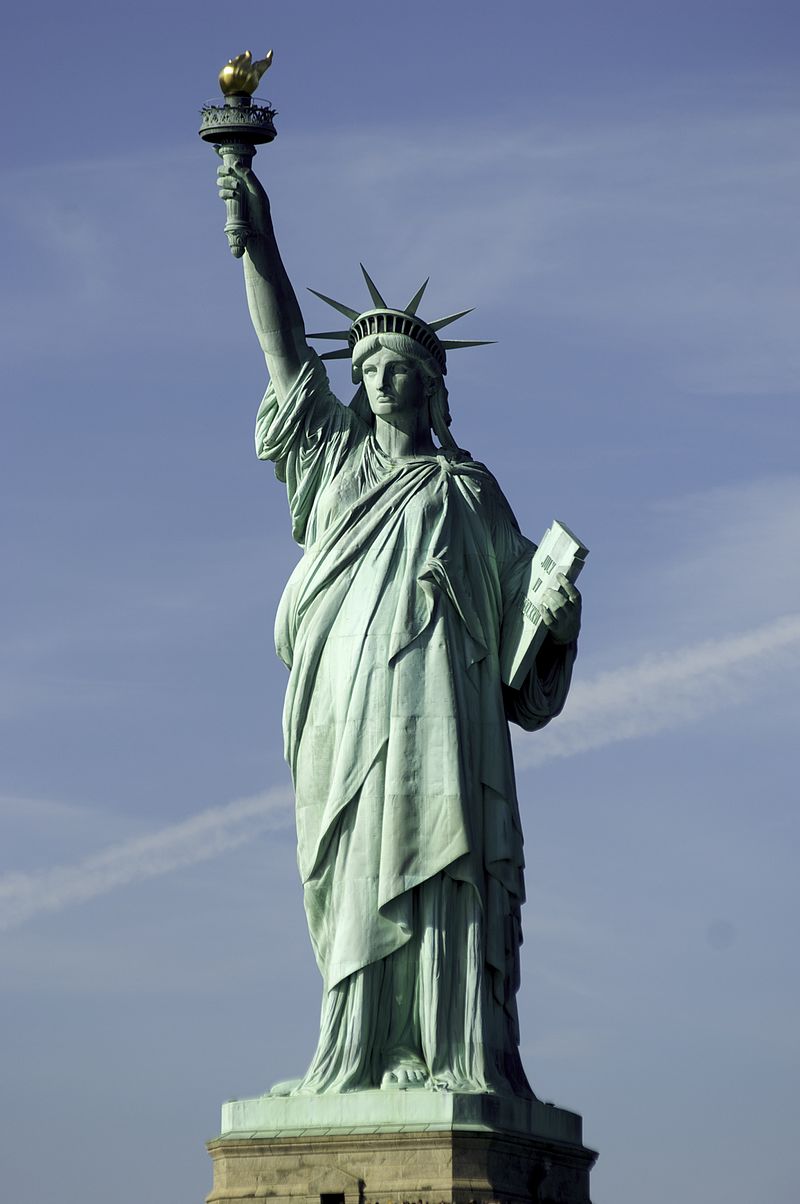
When Puritans arrived in the New World in 1620, they tried to ban Christmas. Later, the General Court of Massachusetts Bay Colony passed an order declaring that anyone caught “observing, by abstinence from labor, feasting or any other way any such days as Christmas day, shall pay for every such offense five shillings.”
In some areas, the Puritans managed to keep the ban going until the middle of the 18th century.
4. Brunei
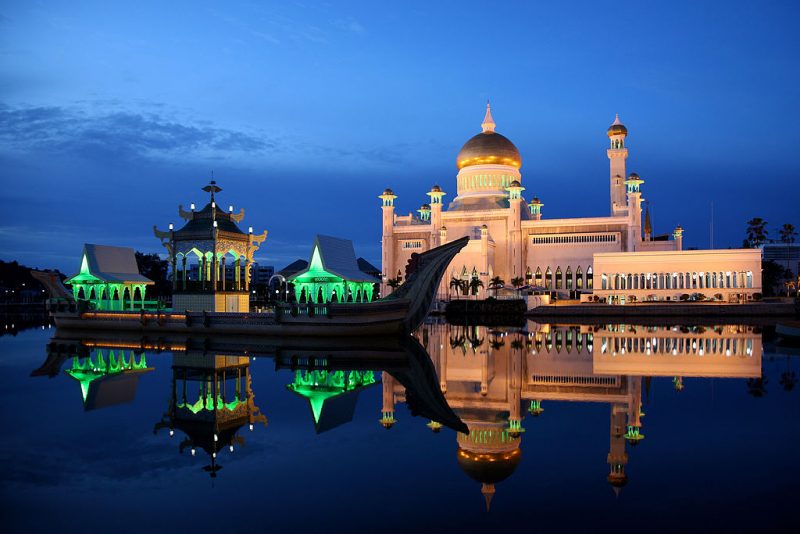
The oil-rich sultanate of Brunei banned Christmas celebrations and imposed fines and jail terms for those caught celebrating the festival.
Christmas costumes such as Santa hats, the lighting of candles, the singing of religious songs and putting up decorations such as Christmas trees were banned by the Ministry of Religious Affairs.
The Telegraph reported that the Ministry of Religious Affairs said in a statement: “These enforcement measures are … intended to control the act of celebrating Christmas excessively and openly, which could damage the aqidah (beliefs) of the Muslim community.”
5. Tajikistan
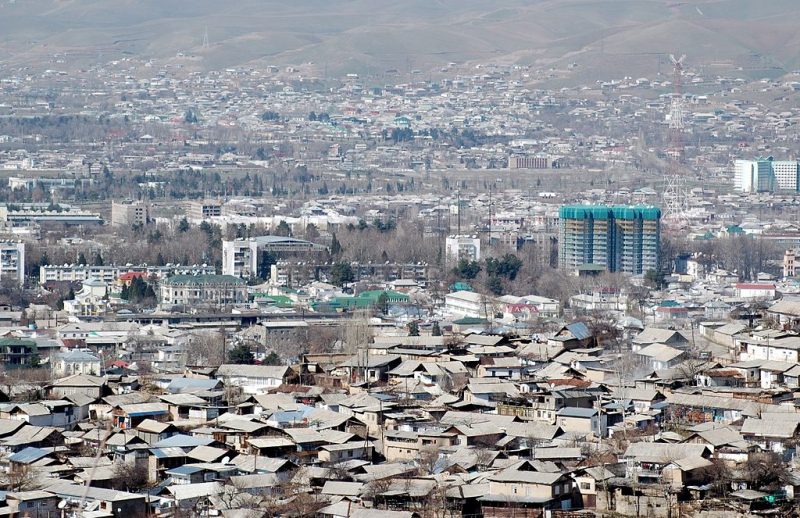
The former Soviet Republic of Tajikistan banned Christmas trees and gift-giving in schools. The Guardian reported that a decree by the education ministry prohibits “the use of fireworks, festive meals, gift-giving and raising money” over new year as well as “the installation of a Christmas tree either living (felled wood) or artificial” in schools and universities.
The government also opposed any Halloween celebrations and in 2013 and 2014 police rounded up revelers dressed as zombies and vampires.
6. Somalia
In 2013, Somalia issued a ban on Christmas and in 2014 also issued a ban on New Year’s celebrations because they felt that the festivities have nothing to do with Islam and there was no need for celebration.
BBC News reported that “Foreigners are free to mark the Christian holiday in their own homes, but hotels and other public places have been prohibited from marking the day.”
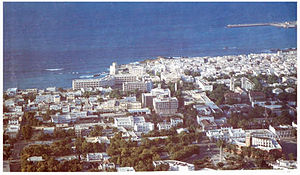
7. Albania
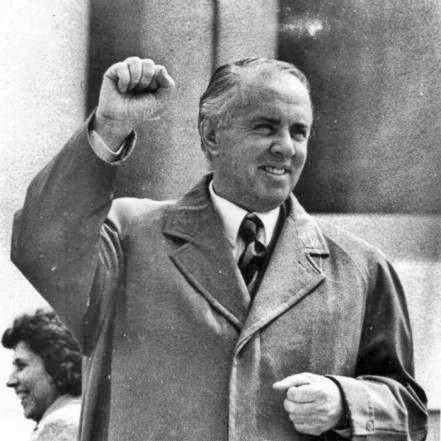
It was 1967 when Albania became the first and only constitutionally atheist state. The communist regime banned all religious practice, including Christmas celebrations.
During this period many priests were arrested and killed, and every church and mosque in the country was immediately closed. People prayed at home, in private, out of sight of the neighbors.
After the fall of the Communist regime in 1990, the ban was finally lifted.
8. North Korea
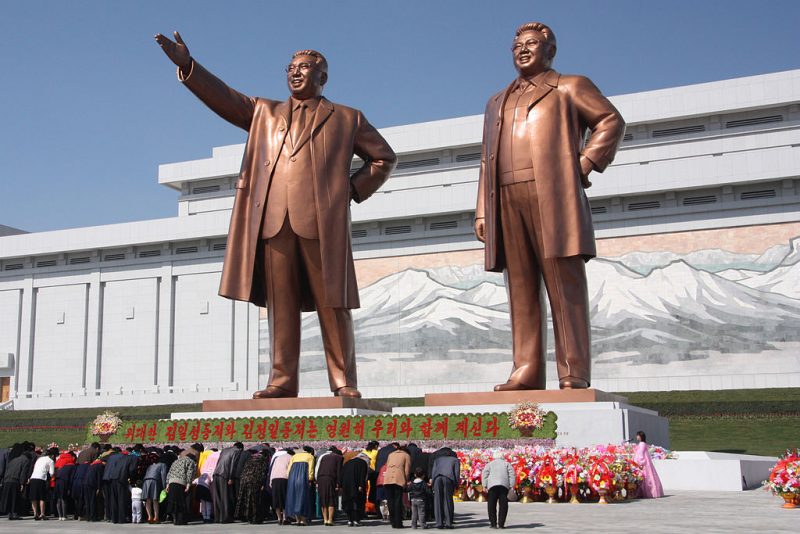
North Korea, as an atheist country, does not celebrate Christmas.
Christmas is not officially banned in North Korea, but all religious practices that are not approved by the supreme leader are punishable by law.
When in 2013 South Korea erected a giant Christmas tree at the border of the two countries, they almost went to war. North Korea deemed it as an act of psychological warfare.
9. China
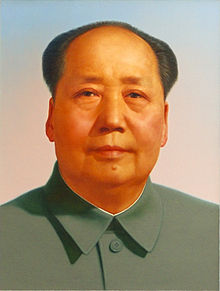
Unlike today, when people in China celebrate Christmas, in 1949 communist-ruled China banned Christianity altogether.
Besides the fact that Chrismas is not a national holiday in China today, people still go out and celebrate.
10. Cuba
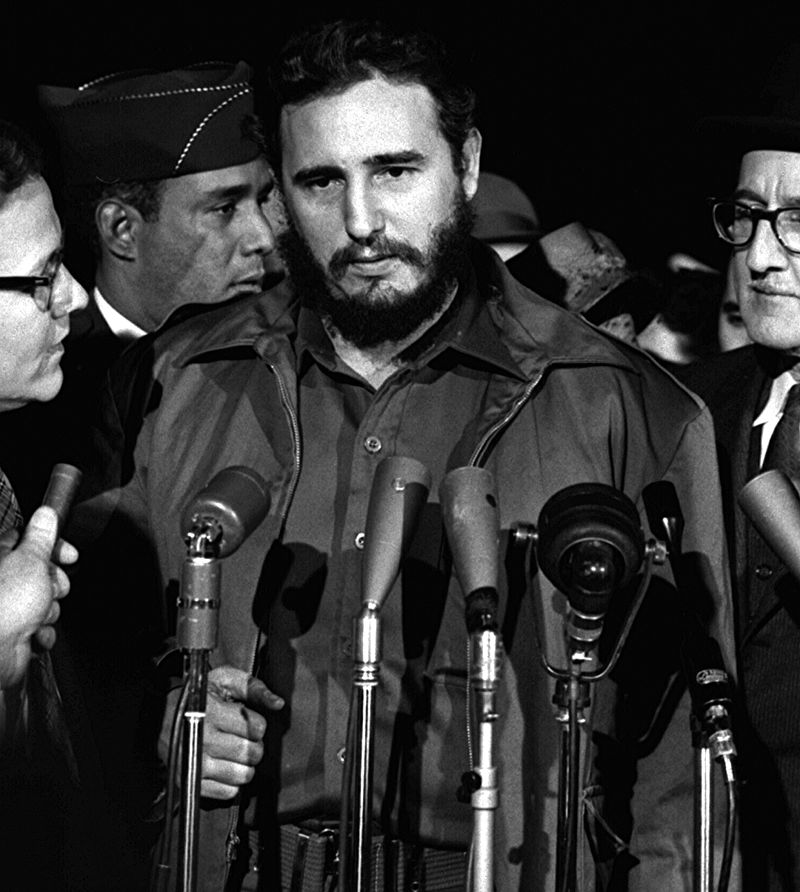
When in 1958 Fidel Castro took power in Cuba he announced the Cuban government as atheist. In 1967, he banned Christmas so that celebrations wouldn’t get in the way of the sugar harvest.
The Christmas ban lasted until December of 1997, when Castro declared that, for that year only, Christmas would be a national holiday due to a visit by Pope John Paul II that was planned for January 1998.
